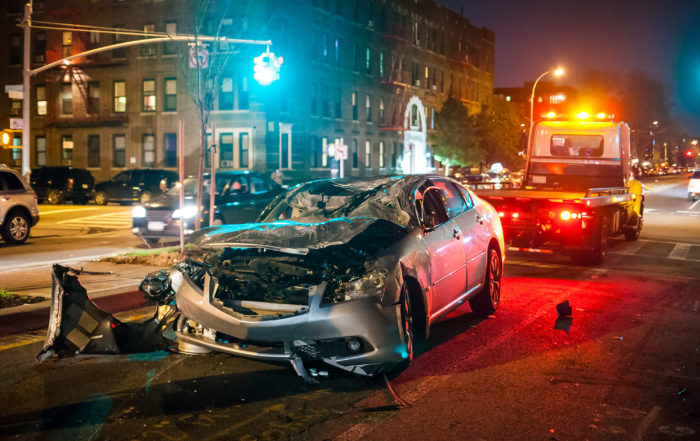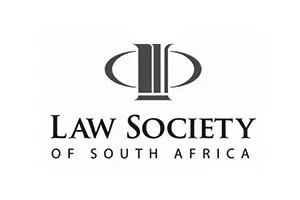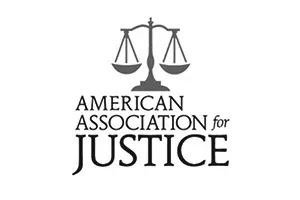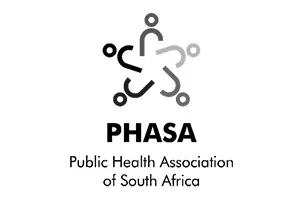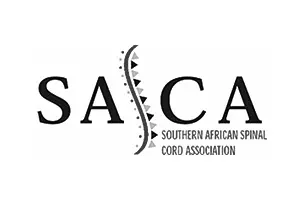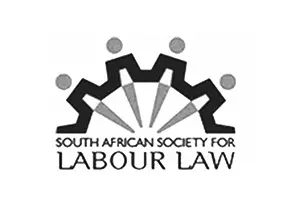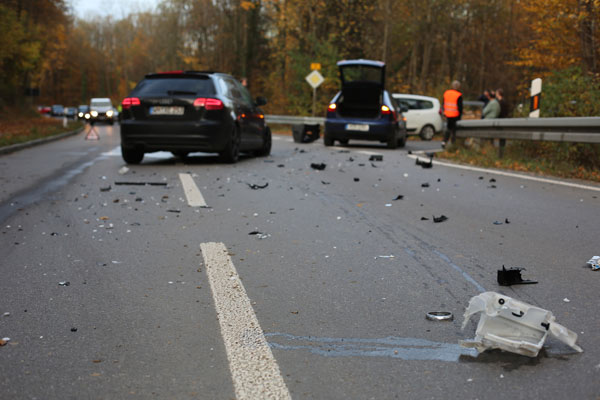
ROAD ACCIDENT FUND BILLIONS IN THE RED
FATIMA SCHROEDER WEEKEND ARGUS-22 October 2016
The wheels have come off at the Road Accident Fund (RAF), which says it is paying out more to accident victims than it is receiving from the fuel levy
every month. And, if the levy were to be increased to make the RAF sustainable, no one could afford to drive.
That was the grim message this week from RAF senior manager Chris Willemse.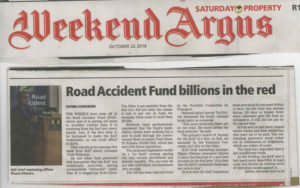
He and other fund personnel told journalists that the RAF was technically insolvent, having accumulated “unfunded” liabilities of a staggering
R145billion. The R3bn it got monthly from the fuel levy did not cover the claims it had to pay out. In June, for example, these came to more than R9.5bn.
However, legal professionals countered that the fund’s bankruptcy claims were nothing but a ploy to push through the controversial Road Accident
Fund Benefit Scheme (RABS) Bill, which has met with fierce opposition.
The proposed legislation works on a “no fault” system, paying out only a certain pre-defined and limited benefits. The pay –outs do not take individual circumstances into account.
The bill has been rejected twice by the Portfolio Committee on Transport.
Personal Injury Lawyer Tzvi Brivik dismissed the fund’s claimed bankruptcy as nonsense. “The more motorists there are on the road, the more levies the fund receives,” he said.
The primary source of income for the RAF is a levy on fuel, set annually by the Treasury. Currently, that levy is 154c/litre.
RAF chief marketing manager Phumi Dhlomo presented figures to show that because of a zero-cent increase in the fuel levy, “it is clear that the RAF’s financial challenges are here to stay.”
Brivik said the RAF legislation made provision for payment within 14 days, but the fund was instead taking 120 days or longer. Even when claimants have the fund an indulgence, it still did not pay by the agreed date.
Brivik said he had many clients whose claims had been settled but who were yet to be paid. The outstanding payments arose either out of settlements or judgments, which are orders of court.
The fund has responded that it has insufficient funds.
At the briefing, the RAF said it had spent more than R 5bn in legal costs and R4.5 bn on settling writs of execution issued against it.
The current position on objections to the con/arb process
Con/arb process - The Commission for Conciliation, Mediation[...]
Out of time? Think again – The CCMA and its rules
By Lara Keil (Candidate Legal Practitioner) under the[...]
RAF’s lodgement requirements: Claimants further prejudiced
By Lara Keil (Candidate Legal Practitioner) under[...]







